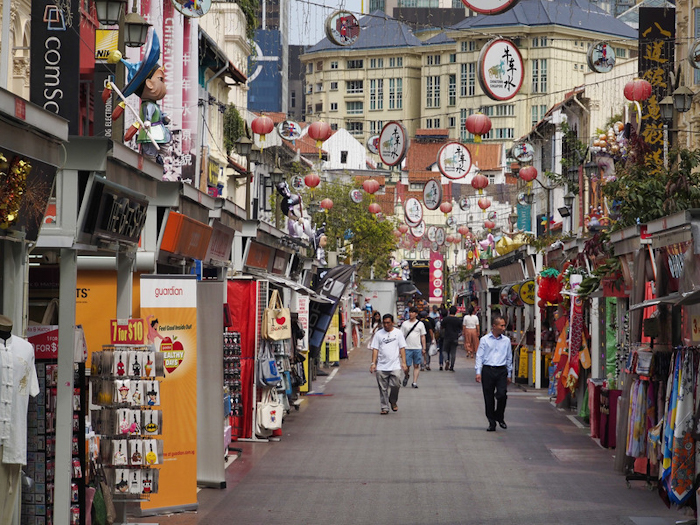AEIR 2023 Highlights Deepening Integration, Continued Economic Growth in the GMS
The Asian Economic Integration Report 2023 highlights the continued growth of integration in subregional initiatives and programs in Southeast Asia, including both in the GMS and the ASEAN, from 2006 to 2020.






